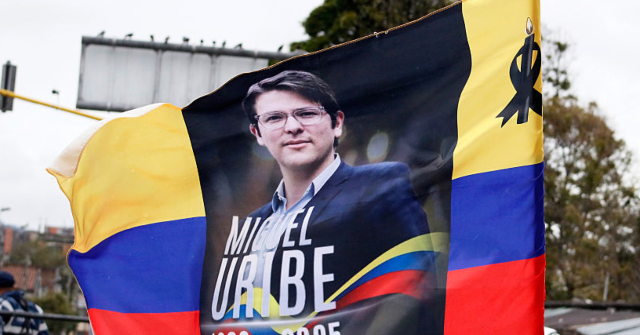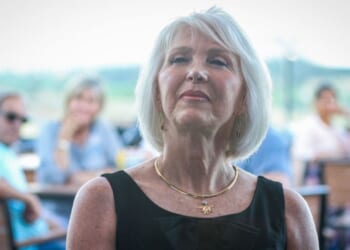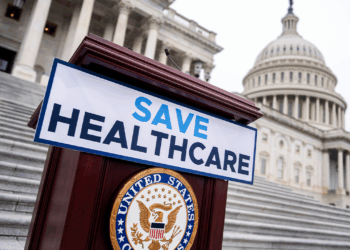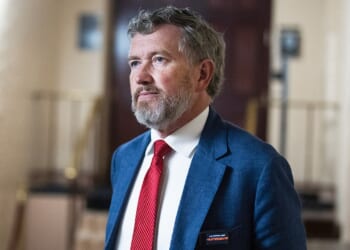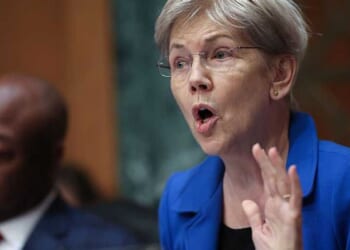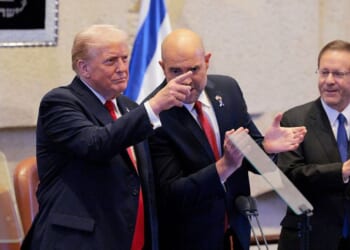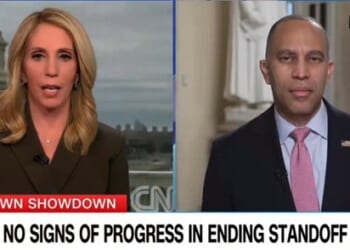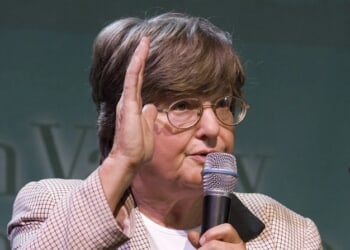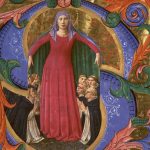Law enforcement officials in Colombia announced on Tuesday the arrest of the ninth suspect in the assassination of conservative presidential frontrunner Sen. Miguel Uribe Turbay, noting that the latest evidence indicates that the communist Revolutionary Armed Forces of Colombia (FARC) were involved in the planning of the killing.
Uribe, a candidate representing the Democratic Center political coalition, was on top of polls for the 2026 presidential election when he was shot in the head while leaving a campaign event on June 7. The person arrested on site for firing the gun was a boy between 14 and 15 years old. Uribe survived in intensive care until his passing in August; he was 39 years old.
The boy shooter is currently in police custody and not believed to have acted independently. Police have arrested nine people in relation to the attack; the latest, arrested this week, was identified as Simeón Pérez Marroquín, a criminal using the alias “El Viejo,” or “The Old Man.”
William Rincón, the director of Colombia’s National Police, said in press remarks on Tuesday that “El Viejo” appeared to be a liaison between the group that organizing the assassination and the FARC, a communist, U.S.-designated terrorist organization.
“This person is the possibly link with the criminal structure that organized the homicide against Senator Miguel Uribe,” Rincón explained. “Today, the strongest hypothesis is that the criminal structure responsible for the homicide is the Segunda Marquetalía.”
“The Old Man is the person [we believe] in charge of planning, executing, and ordering the assassination component and the homicide of the senator,” he added.
The Segunda Marquetalía is a branch of the FARC that continued to engage in terrorist behavior after the 2016 peace deal between Bogotá and the terrorists. The FARC plagued Colombia for decades since its establishment in 1964. In 2016, former President Juan Manuel Santos forced the Colombian people to accept an unconstitutional “peace” agreement with the leadership of the FARC in which, in exchange for some FARC terrorists laying down their weapons, the terrorists would receive, among other benefits, criminal amnesty and uncontested seats in the Colombian Congress. Santos won the Nobel Peace Prize that year for the agreement.
While the narco-terrorists’ most powerful leaders accepted the deal and engaged in leveraging their political power following its conclusion, much of the terror infrastructure present in the Colombian mountainlands continued to operate, profiting off of cocaine trafficking and relationships with other criminal structures, such as Hezbollah and the government of Venezuela. The Segunda Marquetalía group is among the most prominent of these FARC groups, which the government falsely refers to as FARC “dissidents” to give the impression that the “true” FARC abided by the failed peace agreement.
The FARC notably engaged in a bombing spree against the government shortly after the assassination of Uribe.
Rincón, the Colombian national police chief, posited in his remarks on the arrest that police believe that the objective of the killing was “to send a political message,” presumably discouraging politicians, such as Uribe, who maintained hardline policies against the FARC from participating in the political policies.
The latest revelations add to previous police statements suggesting that the FARC organized the attack, potentially from Venezuela. In August, police officials accused FARC commander José Aldinever “Zarco Aldinever” Sierra Sabogal of plotting the killing on Venezuelan soil and distancing the terrorist group from the act by outsourcing the attack to local criminal gangs. Sierra Sabogal was identified as one of the “peace negotiators” involved in the process that led to the 2016 peace deal.
The 2026 Colombian presidential election is expected to be one of the most open presidential races in the world next year, as a result of both the Colombian constitutional ban on re-election — ensuring no incumbent candidate — and the dire state of the leadership of the country under leftist Gustavo Petro. Petro became the first leftist president of the country in its history in 2022, campaigning against the hand-picked candidate of predecessor Iván Duque, whose handling of coronavirus-era lockdowns made the ruling conservatives unpopular. Petro has presided over a dramatic resurgence in the FARC and other terrorist groups as well as an unprecedented boom in cocaine production.
According to the United Nations Office on Drugs and Crime (UNODC), which released its 2025 report in June, cocaine trafficking and seizures are on record highs.
“The concentration of coca leaf production and manufacture of cocaine in high-yielding areas of Colombia also increased,” the report read. “By contrast, the area under coca leaf production in the Plurinational State of Bolivia stabilized in 2023, while the area of coca leaf production in Peru declined slightly.”
“Global cocaine seizures also reached a record high in 2023, and increases were reported in all regions. Over the period 2019–2023, there was a 68 per cent rise in the quantity of cocaine seized worldwide,” it added.
Columbia is believed to be by far the most prolific producer of coca leaf and cocaine in the world.
Follow Frances Martel on Facebook and Twitter.

